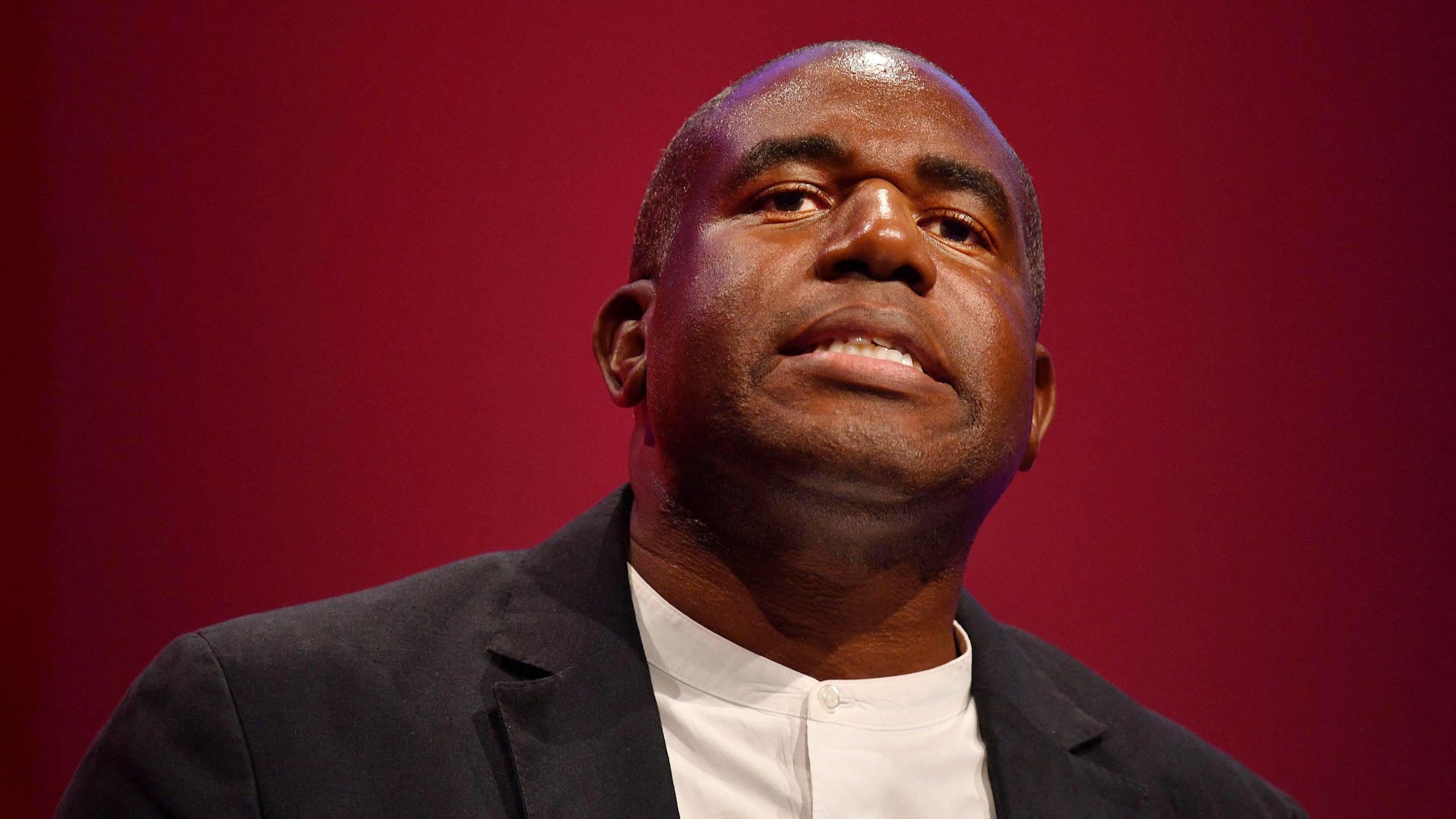The United Kingdom’s political image shifted dramatically this week as Foreign Secretary David Lammy was appointed Deputy Prime Minister following the shock resignation of Angela Rayner. Rayner stepped down amid a tax scandal that has plunged the Labour government into turmoil and raised fresh questions about the party’s stability under Prime Minister Keir Starmer.
Rayner, widely regarded as one of Labour’s strongest voices and a key link to the party’s working-class roots, admitted to underpaying stamp duty on a seaside property. She conceded she had not sought specialist tax advice and took “full responsibility” for the error.
Her resignation letter noted she had not met the “highest standards” expected of government officials. The scandal, which reportedly saved her around £40,000, dominated headlines for days and eventually forced her departure from both her role as Deputy Prime Minister and Housing Minister.
Lammy, who has served as Foreign Secretary since 2024, will now take on the dual role of Deputy Prime Minister and Justice Secretary. A long-serving Labour MP known for his strong positions on foreign policy, human rights, and social justice, Lammy’s promotion is seen as both a stabilizing move and a gamble.
Supporters argue Lammy’s appointment signals Starmer’s confidence in his ability to unite the party and steady the government during a turbulent period. However, critics believe his elevation may alienate sections of the Labour base that strongly identified with Rayner’s working-class narrative.
Rayner’s departure comes at a critical time. Labour is trailing in national polls, with Nigel Farage’s Reform UK party making significant gains by tapping into disillusionment with both Labour and the Conservatives.
Losing Rayner, who often balanced Starmer’s leadership with her grassroots credibility, may deepen Labour’s struggle to reconnect with voters facing rising costs of living, economic uncertainty, and political fatigue.
Analysts warn that Rayner’s downfall could embolden the opposition and weaken Starmer’s efforts to restore public trust. Her story, from a working-class background to Deputy Prime Minister, made her one of Labour’s most relatable and resilient figures.
The cabinet reshuffle also saw Yvette Cooper replace Lammy as Foreign Secretary and Shabana Mahmood step in as Home Secretary. Despite these changes, Starmer now faces the daunting task of repairing his government’s image while navigating internal divisions and growing public discontent.
Whether Lammy can step into Rayner’s shoes and reassure Labour’s traditional base remains to be seen. For now, his appointment underscores the political instability gripping the Labour Party, just over a year after its return to power.


